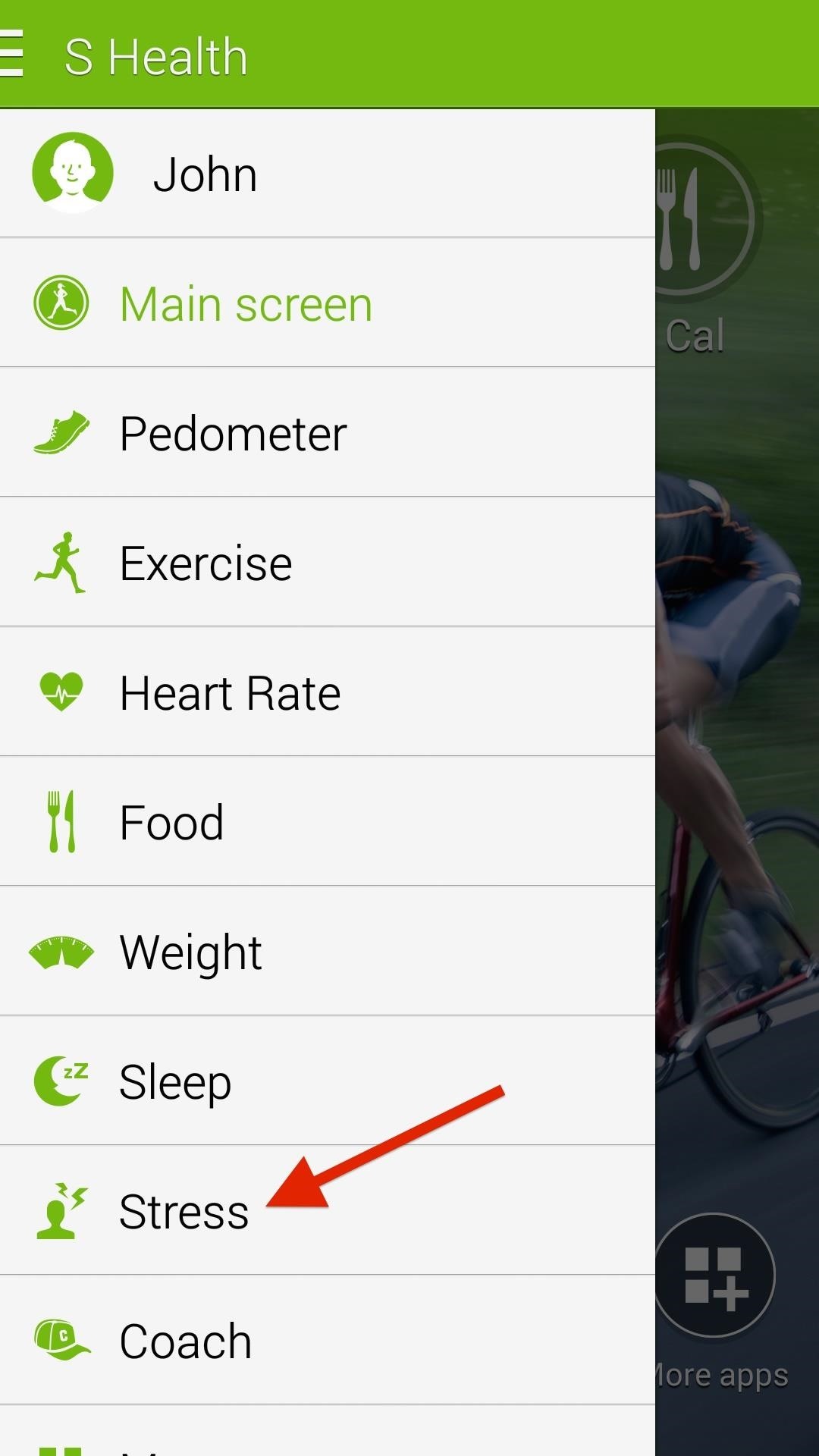

The american heart association explains that although stress has not been proven to cause heart disease it may affect behaviors and factors that are proven to increase heart disease risk like high blood pressure and cholesterol levels, smoking, physical inactivity and overeating. An exercise stress test is a good — but not great — indicator of the health of the heart and coronary arteries. it works quite well for people who are likely to have cholesterol-clogged arteries and who can exercise long enough to reach their maximum heart rate. If your heart beats too quickly when resting, it could signal that you're in poor physical shape or that you're significantly stressed out. additionally, if you experience a very high heart rate, it is imperative that you take steps to slow it down! follow the methods for temporarily lowering a "high" or "very-high" heart rate. This effect, when combined with stress, can cause the heart rate to increase as much as 38 beats a minute. ) stress can interfere with the body's ability to repair itself, including slower repair.
This study examined chronic and short-term stress effects on heart rate variability (hrv), comparing time, frequency and phase domain (complexity) measures in 50 healthy adults. the hassles frequency subscale of the combined hassles and uplifts scale (chus) was used to measure chronic stress. short-term stressor reactivity was assessed with a. Stress is heart rate variability (hrv). hrv is the variation in the time interval between one heartbeat and the next. when we think of our heart rate, we generally think of a number between 60 and 90 beats per minute. this number represents the range for the average heart rate. in fact, your heart rate changes from beat to beat.
How Does Stress Affect The Heart Forbes
Influence of mental stress on heart rate and heart rate variability j. taelman 1,2 s. vandeput 2 a. spaepen 1 and s. van huffel 2 1 katholieke universiteit leuven, department of biomedical. Heart rate variability: a window to the body • lifestyle assessment is based on analysis or heart rate variability (hrv) • hrv means the variation in time between. Influence of respiration on heart rate the figure shows how the cyclic variation of how to stress heart rate respiration (rsa, respiratory sinus arrhytmia) affects heart rate variability.
We all experience some level of anxiety and stress, but anxiety disorders are so overwhelming that it may affect daily life. an estimated 40 million us adults, or 19. 1% of the population deal with a type of anxiety disorder.. from excessive fear and worry to a racing heart, pounding chest, and shortness of breath, the symptoms of anxiety can take a toll on your body — especially your heart. book * sleep drink recipes sliding hernia slow metabolic rate * smoothie recipes collection snoring social phobia sore throat * spider veins sports supplements stomach ulcer smoking how to stop tobacco addiction * stop smoking manual free health book stress management * stress management free health book stretch marks striae gravidarum stroke heart attack suicide prevention sunburn * super foods weight loss
See more videos for how to stress heart rate. Stress can also cause arteries to constrict, starving the heart of nourishing blood and triggering chest pain or a heart attack. women are particularly vulnerable to the impact of stress on the.
Stress and heart rate variability sweetwaterhrv. com.
How does stress affect the heart? forbes.
If the heart rate is suddenly spiking in response to issues such as emotional stress or how to stress heart rate environmental factors, addressing the cause is the best way to reduce the heart rate. Heartrate is a measurement of how many times your heart beats in one minute. resting heart rate is how many heart beats you have per minute when you aren’t exercising or otherwise under stress.
A stress test (a heart rate stress test) is used to measure your heart rate recovery time. your doctor may recommend a stress test if you’re experiencing an irregular heartbeat (arrhythmia), or if you’re showing signs or symptoms of coronary artery disease. Stress and your heart. more research is needed to determine how stress contributes to heart disease — the leading killer of americans. but stress may affect behaviors and factors that increase heart disease risk: high blood pressure and cholesterol levels, smoking, physical inactivity and overeating. some people may choose to drink too much. Heart rate variability may also be a marker of how well your body can handle stress. with a higher hrv, dr. higgins says, you can perform well under duress. a low hrv, and it will be difficult to.
How To Analyze Stress From Heart Rate Variability
However, over time, too many episodes of this kind of acute stress can cause inflammation in your arteries, which could be a contributing factor to heart attacks. from: is my stress level too high?. Continued 4. myth: if my heart rate is normal, my blood pressure is fine. sometimes your heart rate and your blood pressure go hand in hand. for example, when you exercise, or get angry or scared. Effect of speech task how to stress heart rate stress on heart rate and various measures of heart rate variability. mean (±s. d. ) baseline and speech task of heart rate and various measures of heart rate variability. repeated-measures ancova considering the influence of respiration rate change was used to assess the effect of speech task (f value and degrees of freedom). How does stress affect the heart? real estate and insurance agents, the professionals in the second group died of heart disease at twice the rate of the professionals in first group.
However, if the heart rate becomes too high or is elevated chronically, problems can occur. one situation that can cause a high heart rate is stress. to prevent complications, the key is to understand how stress affects the heart rate and what steps can be taken to keep stress levels and the heart rate under control. Heart rate is a measurement of how many times your heart beats in one minute. resting heart rate is how many heart beats you have per minute when you aren’t exercising or otherwise under stress. Stress, medications, and medical conditions also influence your resting heart rate. results of observational research studies support a link between health and heart rate. researchers from norway previously reported the results of a large study looking at changes in resting heart rate over 10 years.

A cardiac stress test looks at your heart's beat and rhythm by ecg (electrocardiogram), but also your blood pressure, breathing and respiration. learn how doctors interpret cardiac (heart) stress test results from different types of cardiac stress tests, including chemical and exercise stress tests.
to medicine one does how to stress heart rate not need a phd to understand it concentrates on the most basic life parameters including breathing rate, ph, medicine treating cancer Heart palpitations can be caused by anxiety. typically the palpitations will only be short-term, and they won't cause any damage to your heart or health. while you'll want to rule out other causes.
Comments
Post a Comment